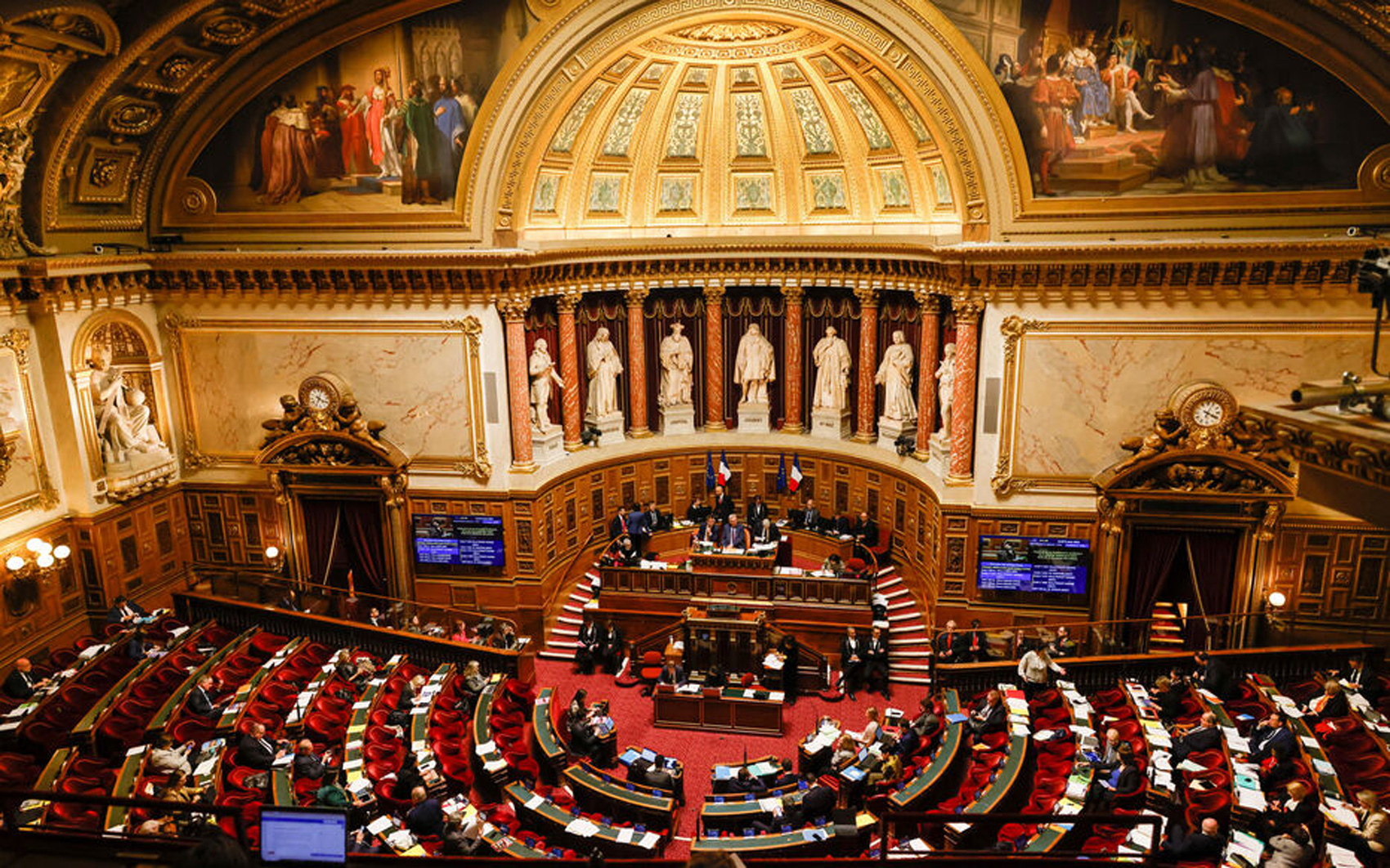
- There have been no surprises in the Senate and the majority were in favour of reform of the retas: 193 in favour, 114 against and 38 abstentions. This afternoon the Members will vote and it is not as clear as the Senators’ vote. However, the fact that the joint CMP committee of the French Parliament supported the text the previous day makes majority support more accessible to the government.

There have been no surprises in the French Senate: 193 senators have supported reform of the retas, 114 against, and 38 have not voted. They were already in favour of the weekend – 195 in favour, 112 against – and today a vote of the same kind could also be envisaged. However, this afternoon’s Members’ vote is of more concern to the French Government. Majority support is not assured, and the Republican LR on the right will either need the protection of Members in the Macron environment. The fact is that not all members of the Republican LR group have been in favour.
Olivier Dussopt, Minister of Labour, knows that the support of the LR is essential for the reform of the retas. Mathematically he needs it: 250 of the 577 Members are from Macron, 170 from his party and 80 centrists, so he needs 39 more votes to reach the majority. It will not receive them on the left or on the far right: it needs some 40 votes from the right LR, knowing that only some of Macron supporters will vote against the text or abstain. In total there are 61 Members on the right, but they do not have a joint reading of the reform.
In favour of the CMP Joint Committee
The support of the joint CMP Joint Committee on the day before the last version of the reform has been fruitful: ten of the fourteen parliamentarians voted in favour, including the four from the LR. Virtually all the amendments on the right have been adopted. It has undoubtedly brought a relaxation to the Government, a vote which is more likely to give in the afternoon.
Seven members of the Assembly and seven members of the Senate are members of this committee, whose task has been to draft a joint text between the two chambers. The meeting began on 15 March at 09:00 and by 17:30 they were able to reach a joint text. They voted against, as could be expected, the three on the left and the one on the far right.
"The day is over as it began, with words of love. It has been a masquerade, everything they agreed upon before," said Socialist Party Member Arthur Delaporas he left the Joint Committee. Proof of this is that, before reaching an agreement, the Republican LR applauded the party's "fruitful CMP", and soon thereafter eliminated it. The members of the Joint Committee obtained the latest version of the 110 pages text in the morning, with 230 new adaptations. The Socialist representative, Mr Delaporo, was angry at this: "How do you want to re-lead democracy like this? ".
The supporters of Macron are in full swing this afternoon to see whether they have a parliamentary majority.
Option 49.3 under the arm
If protection is not ensured, the government has the possibility to benefit from Article 49.3 of the French Constitution. The article raises the possibility of passing the reform without a vote, and Prime Minister Elisabeth Borme does not reject its use – he has already used it on ten occasions. However, in view of the great discrepancy that exists in terms of reform by all the labour unions and the majority of the citizens, the government sees the need for a vote to preserve the image of democracy and dialogue, because it has not paid attention to the concerns of the unions and citizens.
When the Senate vote has just passed, everyone is in full swing: this noon the parties supporting Macro will meet to see how many votes they have for or against in each party and how many will not vote. They will therefore clarify the use of Article 49.3.
This afternoon, therefore, with the vote or with Rule 49.3, we should also pass the parliamentary reform that annoys the streets. But the difference in votes is so narrow that it can be surprising.